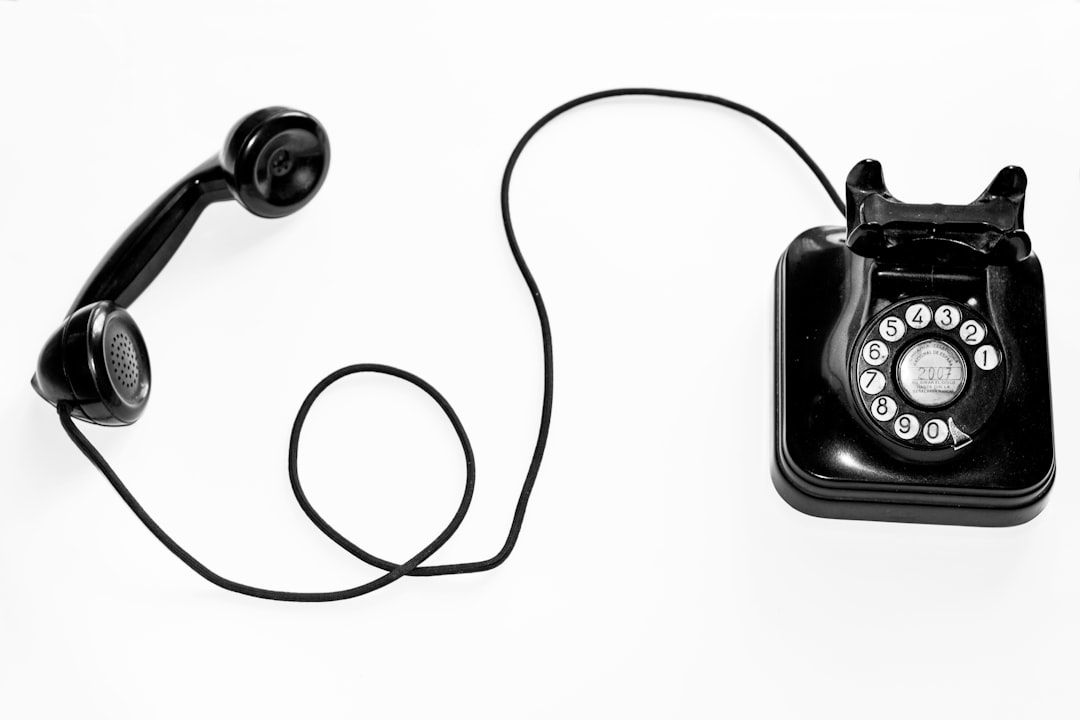In South Dakota, the Telephone Consumer Protection Act (TCPA) restricts automated phone marketing without prior consent. If you've received unwanted robocalls, consult a specialized robocall lawyer SD to determine if you have a valid claim and pursue legal action for compensation or to stop future calls under TCPA regulations. Document calls, block numbers, report them, and consider legal guidance for significant harm or financial loss.
- Understanding Robocall Regulations in South Dakota
- Legal Options for Unwanted Autodialer Calls
- Steps to Take If You've Been Affected by Illegal Robocalls
Understanding Robocall Regulations in South Dakota
In South Dakota, the use of autodialers and robotic calls, commonly known as robocalls, is subject to specific regulations aimed at protecting consumers from unsolicited and intrusive phone marketing. The Telephone Consumer Protection Act (TCPA) prohibits businesses from making automated telephone calls or sending text messages to individuals without their prior express consent. This means that if you have not given explicit permission for a company to contact you using an autodialer, they could be in violation of the law.
Understanding your rights under these regulations is crucial. If you’ve received robocalls without your consent and are considering legal action, it’s important to consult with a lawyer who specializes in robocall cases. A qualified attorney from a reputable robocall law firm in South Dakota can advise you on whether you have a valid claim, help you navigate the legal process, and potentially represent you in suing for robocalls if appropriate. Services offered by robocall lawyers SD include analyzing your case, gathering evidence, and advocating for your rights to ensure that businesses adhere to the TCPA regulations.
Legal Options for Unwanted Autodialer Calls
If you’re receiving unwanted autodialed calls in South Dakota, know that there are legal avenues to take action. The Telephone Consumer Protection Act (TCPA) is a federal law designed to curb robocalls and protect consumers from unsolicited phone marketing. According to this legislation, businesses must obtain explicit consent before making automated or prerecorded calls to individuals. If your number has been called without your permission, you may have grounds for legal action.
In South Dakota, you can consult with a robocall lawyer SD or robocall attorney SD who specializes in TCPA litigation. These legal professionals can help determine if a violation occurred and guide you through the process of filing a complaint or suing the responsible party. A robocall law firm SD will assess your case, collect evidence, and represent you in negotiations or court to ensure you receive compensation for any harassment or disruption caused by these unauthorized calls.
Steps to Take If You've Been Affected by Illegal Robocalls
If you’ve received unsolicited autodialed or robocalls in South Dakota, you have rights and options available to protect yourself. The first step is to document the calls – note the caller’s phone number, the date and time of each call, and any specific marketing message they left. This information will be crucial if you decide to take legal action.
Next, consider blocking the caller through your phone service provider or using call-blocking apps designed for this purpose. You can also report the robocalls to the Federal Trade Commission (FTC) and South Dakota’s Attorney General’s office, which monitor and investigate such violations. Consulting with a robocall lawyer in SD is highly recommended if you believe these calls have caused you significant harm or led to financial loss. They can guide you on whether suing for robocalls is an appropriate course of action under the state’s consumer protection laws, helping you recover damages and put an end to the unwanted calls.






